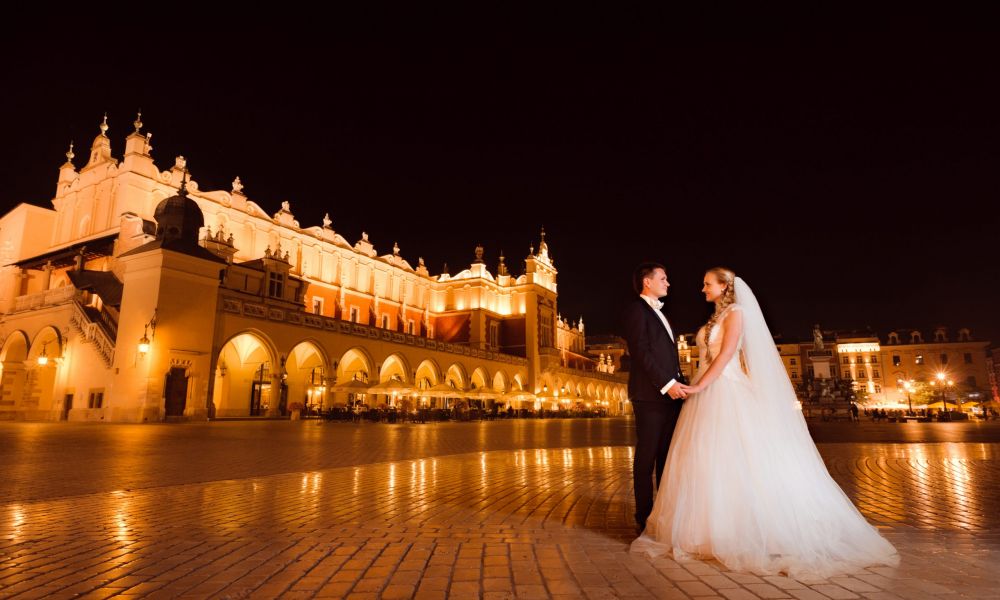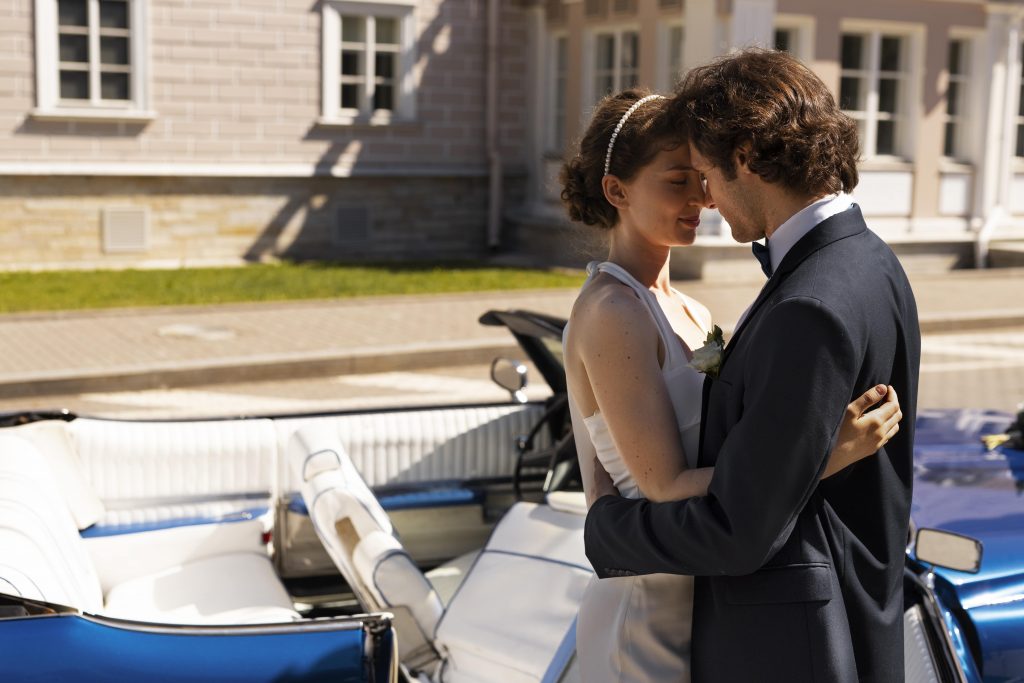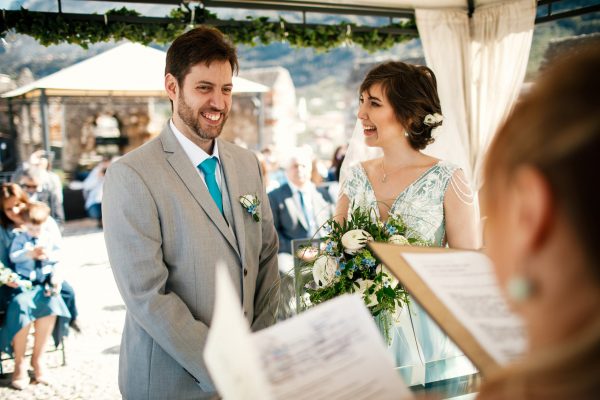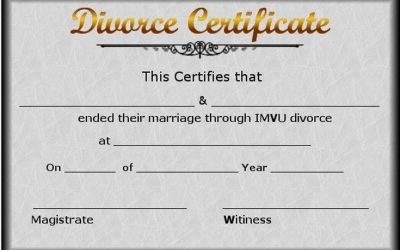
Complete Guide to Expat Marriage in Dubai: Sharia & Civil Weddings Explained
Table of Contents ▼
Are you an expatriate in Dubai looking to marry?
Understanding the expat marriage in Dubai process is key to ensuring your wedding goes off without a hitch. Whether you prefer a traditional Sharia law marriage or a civil ceremony, Dubai accommodates both options for expatriates.
For a legally recognized Abu Dhabi civil marriage, expats can opt for the court wedding procedure.
This guide will take you through everything you need to know about getting married in Dubai as an expat, including the legal requirements, documentation, and procedures to follow for a smooth experience.
Legal Options for Expat Marriage in Dubai

Marriage in Abu Dhabi for expats is available under both Sharia and civil law, depending on their nationality, religion, and personal preferences. Dubai’s legal system allows both options, giving you the flexibility to choose the one that fits your needs.
Sharia Law Marriage for Muslims
For Muslim expatriates, marriages are conducted under Sharia law. Here’s what you need to know:
- Eligibility: Both parties must be of legal age, and the woman must have the consent of her guardian (wali). If the woman is widowed or divorced, additional documentation is required.
- Documents Required: Passports, residency visas, proof of non-relationship status (single, divorced, or widowed), and health certificates confirming that both parties are free from contagious diseases.
- Process Time: Sharia marriage registration typically takes around 2 weeks, though delays may occur depending on paperwork and other factors.
- Marriage Certificate: Once your marriage is registered, a marriage certificate will be issued, which you’ll need for legal purposes such as obtaining a spouse visa.
Civil Marriage for Non-Muslim Expats
Non-Muslim expatriates can opt for a civil marriage, which is a secular ceremony conducted by the authorities. This type of marriage is common for expats from countries where civil law governs weddings.
- Eligibility: Non-Muslim expatriates of any nationality can marry under civil law, provided they meet all the necessary documentation requirements.
- Documents Required: Valid passports, residency visas, proof of single status (certificate of no impediment), and health certificates.
- Process Time: Civil marriage registration can take up to 3 months, depending on the embassy and document verification process.
- Marriage Certificate: Once the marriage is recognized, the couple will receive a marriage certificate that is valid in both Dubai and their home country.
Step-by-Step Guide to Expat Marriage in Dubai

The expat marriage in Dubai process may slightly differ depending on whether you choose a Sharia law marriage or a civil marriage. Below is a breakdown of the steps for both options:
Step 1: Submit Your Documents
To begin, gather all the required documents:
- Valid passports and UAE visas
- Proof of single status (certificate of no impediment)
- Health certificates from an authorized medical center
- Proof of residence in Dubai
If you’re opting for a civil marriage, documents must be submitted through your embassy, while Sharia marriages are typically processed at the Dubai courts.
Step 2: Document Verification
After submitting your documents, the authorities will verify them. This process ensures all paperwork is correct, and it usually takes up to 2 weeks. Once everything is approved, you can move on to the next stage of the marriage process.
Step 3: Marriage Registration
Once your documents are verified, you can proceed with the marriage registration:
- Sharia Law: Both partners must appear in person at the Dubai court. The marriage ceremony will be performed by the court, and the marriage will be officially recorded.
- Civil Marriage: For non-Muslim expatriates, the marriage registration is done at the respective embassy. Once the marriage is legalized, the marriage certificate is issued.
Step 4: Marriage Certificate
Once your marriage is successfully registered, you will receive a Marriage Certificate. This certificate is the official proof of your marriage and is required for various legal purposes, such as applying for a residence visa for your spouse or making declarations in your home country.
Documents Required for Expat Marriage in Dubai

While the document requirements may vary slightly depending on the type of marriage, here’s a general list:
- For Sharia Law Marriage: Passports, residency visas, proof of single status, health certificates, and guardian consent for women under the legal marriage age (18 years).
- For Civil Marriage: Passports, residency visas, proof of single status, health certificates, and proof of residence in Dubai.
Costs and Processing Times for Expat Marriage in Dubai
Here’s a quick look at the costs and timeframes involved in an expat marriage in Dubai:
- Sharia Law Marriage: Costs typically range from AED 500 to AED 2,000, depending on the court and the processing of health certificates.
- Civil Marriage: The fees for civil marriage can be higher, ranging from AED 2,000 to AED 4,000 due to embassy registration and paperwork.
- Sharia Law Marriage: Usually takes around 2 weeks.
- Civil Marriage: May take up to 3 months, as it involves embassy processing and verification of documents.
Challenges in the UAE Expat Marriage Process
Though the expat marriage in Dubai process is straightforward, there are some challenges expatriates might face:
- Document Discrepancies: Incorrect or missing paperwork can delay the process, so ensure all documents are up-to-date and accurate.
- Legal Requirements for Different Nationalities: Some nationalities might have additional requirements or bureaucratic steps to navigate when registering their marriage.
Tips for a Smooth Expat Marriage Process in Dubai
To ensure everything goes smoothly, here are a few tips:
- Consult a Legal Expert: Consider hiring a professional who specializes in expat marriage in Dubai to help guide you through the legal process and ensure all your documents are in order.
- Prepare Documents Early: Gather all necessary documents well in advance to avoid last-minute complications.
- Double-Check Requirements for Your Nationality: Some nationalities may have extra documentation or steps required. Always check with your embassy before starting the process.
Conclusion
Planning an expat marriage in Dubai can be a smooth and exciting experience with the right knowledge and preparation. Whether you choose a Sharia law marriage or a civil ceremony, following the proper steps and gathering the necessary documents will help you navigate the process without any hiccups.
If you’re ready to start your marriage journey in Dubai, consider reaching out to a professional wedding service like Easy Wedding to help you with the entire process. They can provide expert guidance, ensuring that your expat marriage in Dubai is handled with ease from start to finish.
If you’re planning marriage in UAE, follow the simple procedures for a legally recognized wedding.


